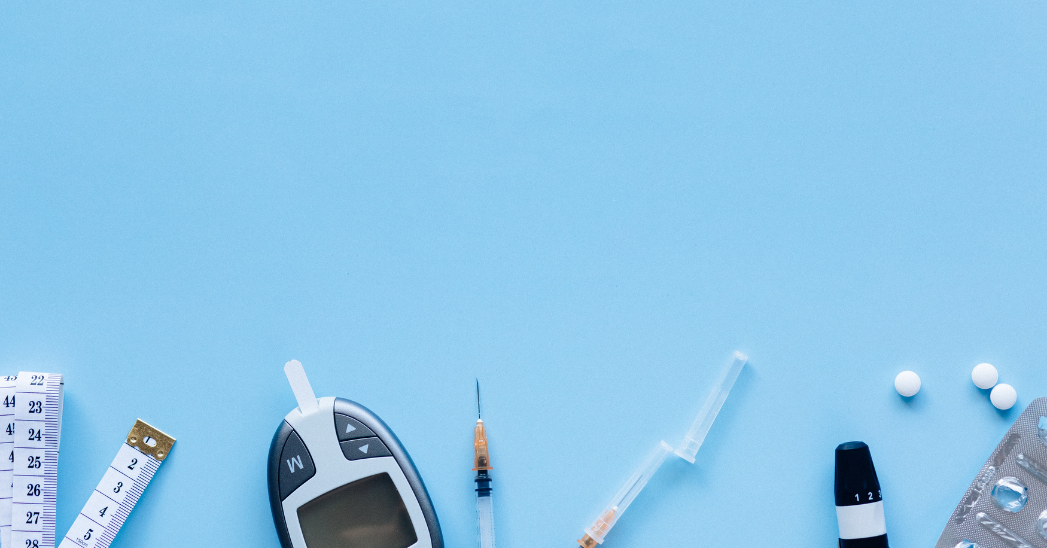
Triglyceride levels
Celine HaarhoffTriglycerides are a type of fat found in the bloodstream. High levels of triglycerides in the blood can increase a person's risk of developing heart disease, diabetes, and other health conditions.
A person's genetic makeup can affect their likelihood of developing high triglyceride levels. Healthcare providers can take steps to prevent or manage the condition by understanding a person's genetic predisposition to elevated triglycerides.
Triglycerides are the most common type of fat in the body. They are made up of fatty acids and glycerol and are stored in fat cells throughout the body. When a person eats more calories than their body needs, the excess calories are converted into triglycerides and stored in fat cells for later use. When the body needs energy, it breaks down the stored triglycerides to release the stored energy.
Several factors, including poor diet, obesity, excessive alcohol consumption, and certain medical conditions such as diabetes and kidney disease, can cause high levels of triglycerides in the blood. A person's genetics can also play a role in their likelihood of developing high triglycerides.
Genetic predisposition to high triglycerides is caused by variations or mutations in certain genes that play a role in the regulation of triglycerides in the body. These genetic variations can affect how the body produces, transports, and processes fatty acids, leading to increased triglycerides in the blood.
Contrary to common logic and instinct, excessive sugar or refined carbohydrate consumption, and not fat consumption, causes raised triglycerides in the bloodstream. Insulin resistance is also strongly associated with increased blood levels of triglycerides.
People at risk of high triglycerides need to talk to their healthcare provider about their options for prevention and management. Understanding their genetic predisposition and taking steps to maintain a healthy lifestyle can help reduce their risk of developing heart disease and other serious health conditions.
